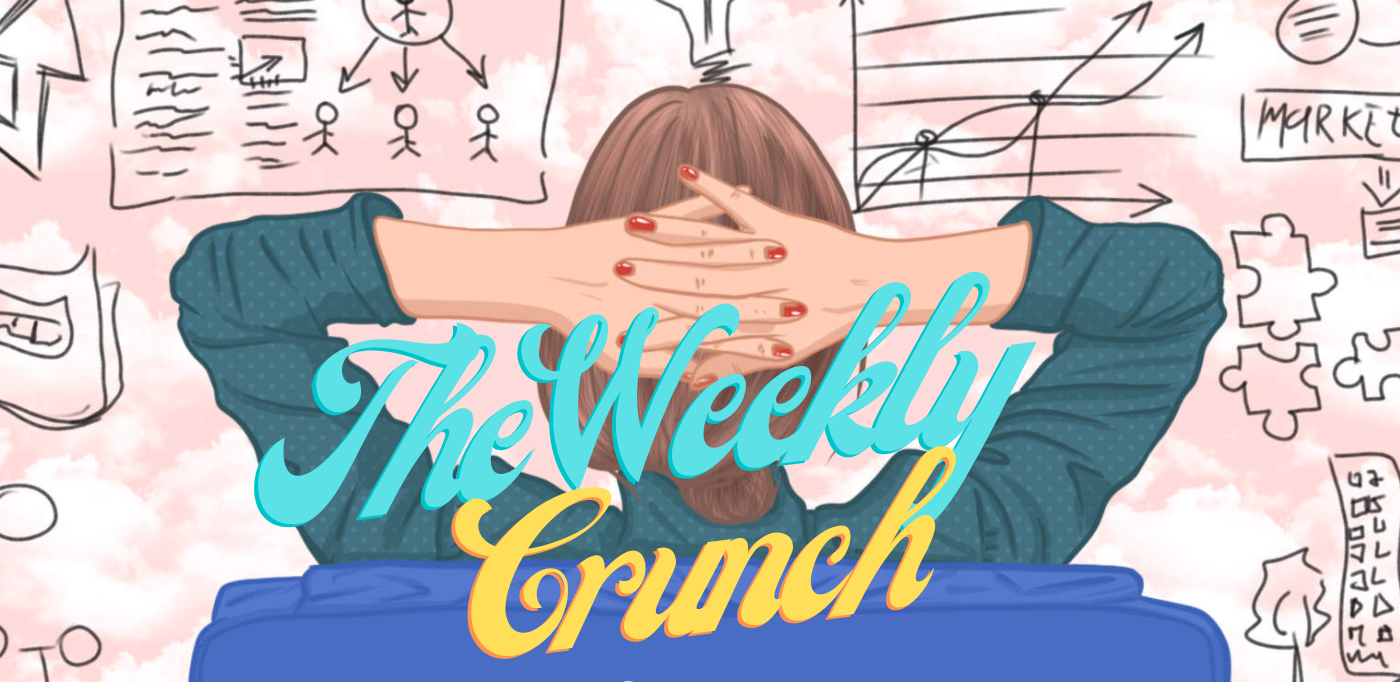How Ageist Are You?
Ageism is one of those biases that can sneak into our thoughts, words, and actions without us even realizing it. Whether we’re talking about assumptions we make about older people or dismissing the opinions of younger folks, ageist attitudes can affect how we treat others.
On Ageism Awareness Day, CrunchyTales wanted to explore a question that affects us all: are we all a little bit ageist? Believe it or not, it can creep into our lives in ways we don’t even notice.
So, how about you? Think you’re free from these stereotypes? Take this quiz to find out just how much ageism might be influencing your thinking—and how to start breaking free from it!
The Age Bias Quiz
1. When you hear the term “elderly,” what comes to mind?
a) Frail and dependent
b) Wise and experienced
c) A diverse group of people with different abilities
d) Grumpy and out of touch
2. If you had to learn a new technology, who would you trust to teach you?
a) A young person—they’ve grown up with it
b) Someone my own age, no matter what age that is
c) Someone older—they’ve probably learned it and know how to explain it better
d) Age doesn’t matter—it’s about who has the best skills for teaching
3. Imagine your new boss is 25 years old, while you are in your 40s. How would you feel?
a) A bit uncomfortable, wondering if they can lead someone older
b) It’s great—everyone brings something different to the table
c) I would automatically feel they lack enough experience
d) It wouldn’t bother me at all, as long as they’re qualified
4. How often do you make jokes or comments about someone’s age, like calling someone “too old” or “too young” for something?
a) Often—it’s all in good fun!
b) Occasionally, but I don’t mean any harm
c) Rarely—I try to be mindful of it
d) Never—I think ageist jokes can be harmful
5. Do you think people in their 70s should still work in professions like medicine, law, or politics?
a) No, they should retire and make room for younger professionals
b) Only if they’re in good health and mentally sharp
c) Yes, as long as they’re capable, age shouldn’t be a factor
d) Absolutely—it’s their experience that counts
6. When you meet someone significantly older than you, what’s your initial assumption?
a) They probably have a lot of health issues
b) They’ll be slow to adapt to new ideas
c) They might surprise me—it depends on the individual
d) I try not to make any assumptions about them
7. Do you feel uncomfortable discussing your age or hearing about others’ ages?
a) Yes, I avoid it—it feels like a sensitive subject
b) Sometimes, especially if the person is much younger or older
c) Not really, but I try not to dwell on it
d) No, it’s just a number and part of life
8. How do you feel about hiring someone in their 60s or older for a physically demanding job?
a) They should be passed over for someone younger
b) It depends on their fitness level—maybe they can do it
c) Age shouldn’t be a factor if they meet the job requirements
d) It’s unfair to assume they can’t handle it because of their age
9. How would you react if someone assumed you weren’t tech-savvy just because of your age?
a) I’d laugh and agree—it’s true!
b) I’d correct them, but wouldn’t be too offended
c) I’d find it a bit rude and ageist
d) I’d be upset—skills aren’t determined by age
10. Do you believe society glorifies youth over experience?
a) Yes, young people are the focus of almost everything
b) Sometimes, but experience is valued in certain areas
c) Not really—it depends on the industry
d) Yes, but it’s unfair—we need a balance of both
Results
Mostly A’s:
You might be carrying some ageist assumptions without realizing it. Whether it’s associating certain ages with physical or mental limitations, you could benefit from challenging these stereotypes. Try looking at people’s capabilities individually rather than linking them to their age. Maybe books like ‘Ageism Unmasked: Exploring Age Bias and How to End It’, by gerontologist Tracey Gendron or ‘This Chair Rocks’ by activist Ashton Applewhite may help you reframe your thoughts.
Mostly B’s:
You’re aware that ageism exists, but you may still slip into some stereotypical thinking occasionally. It’s great that you’re mindful, but there’s always room to check and refine your thoughts. Keep challenging those biases! We recommend
Mostly C’s:
You’re pretty age-inclusive in your thinking. You try to see individuals for who they are and don’t assume too much based on age. Keep up the thoughtful approach, and continue fostering age diversity in your life!
Mostly D’s:
Congrats! You’re actively pushing back against ageism and seem to embrace people of all ages without judgment. You understand that age doesn’t define a person’s worth, ability, or potential. Keep leading by example!
Remember, age doesn’t define a person’s value, intelligence, or capacity. Breaking free from ageist stereotypes helps us create a more inclusive world where everyone can contribute, regardless of how many birthdays they’ve had.
Like this post? Support Us or Sign up to our newsletter to get more articles like this delivered straight to your inbox!



This Post Has 0 Comments